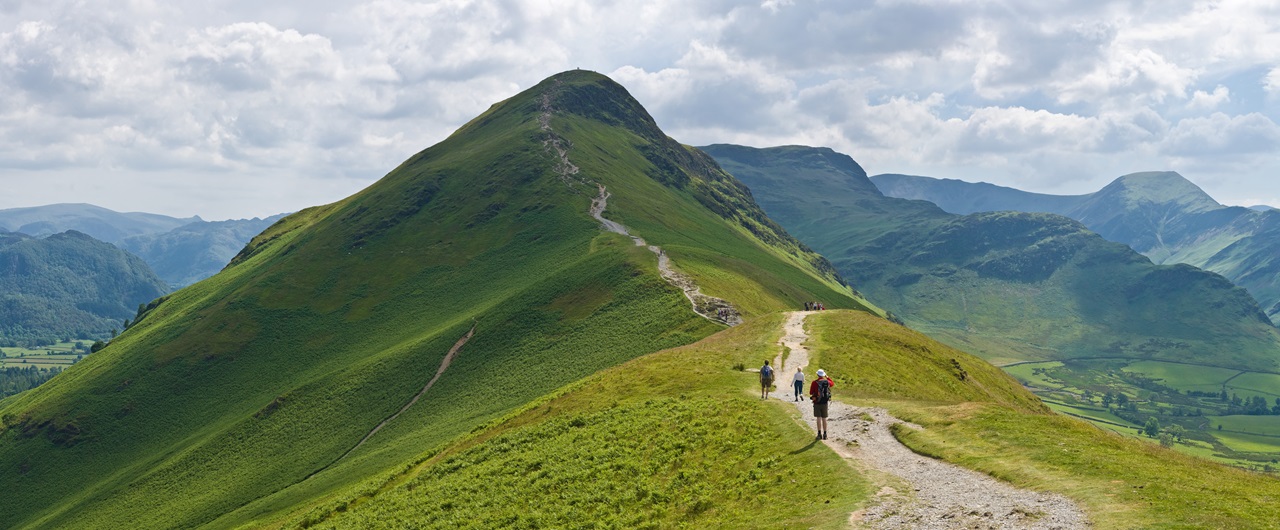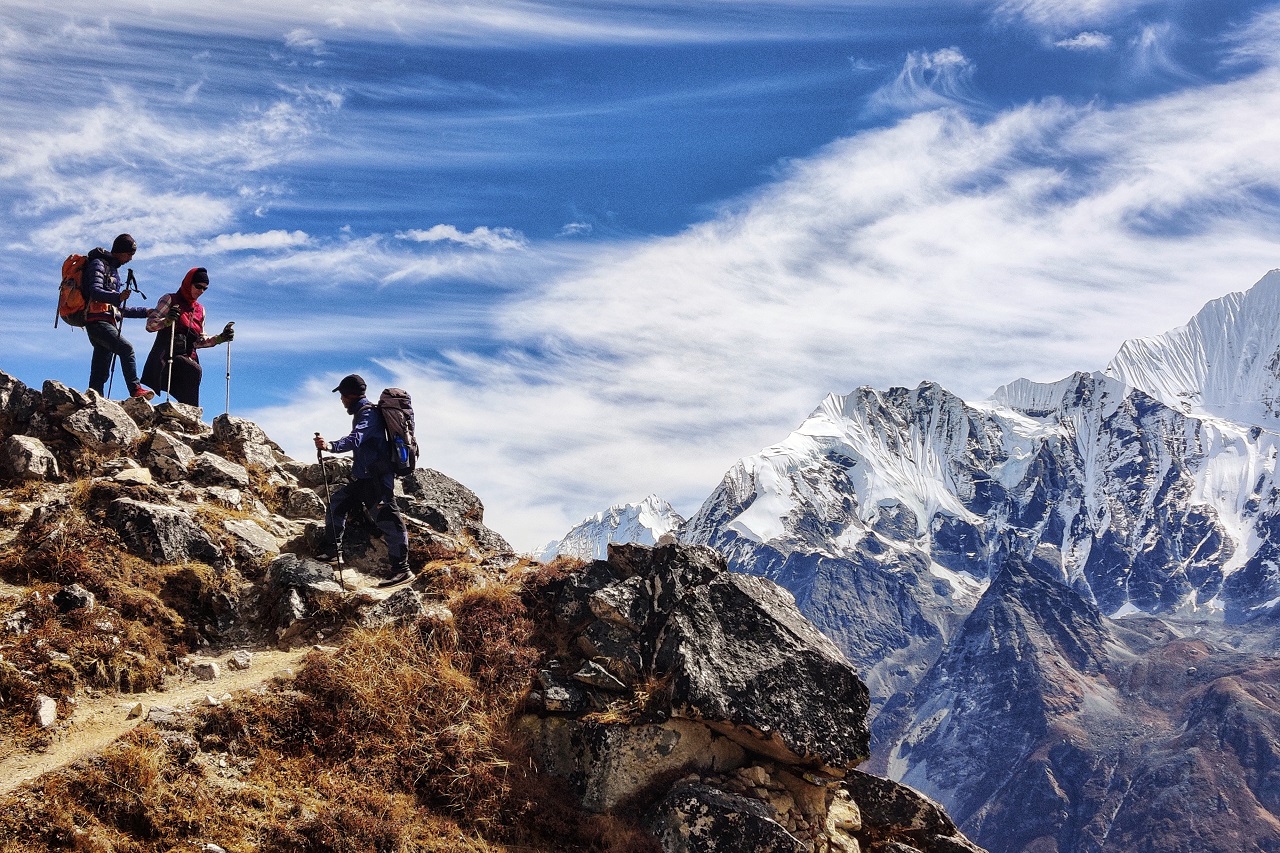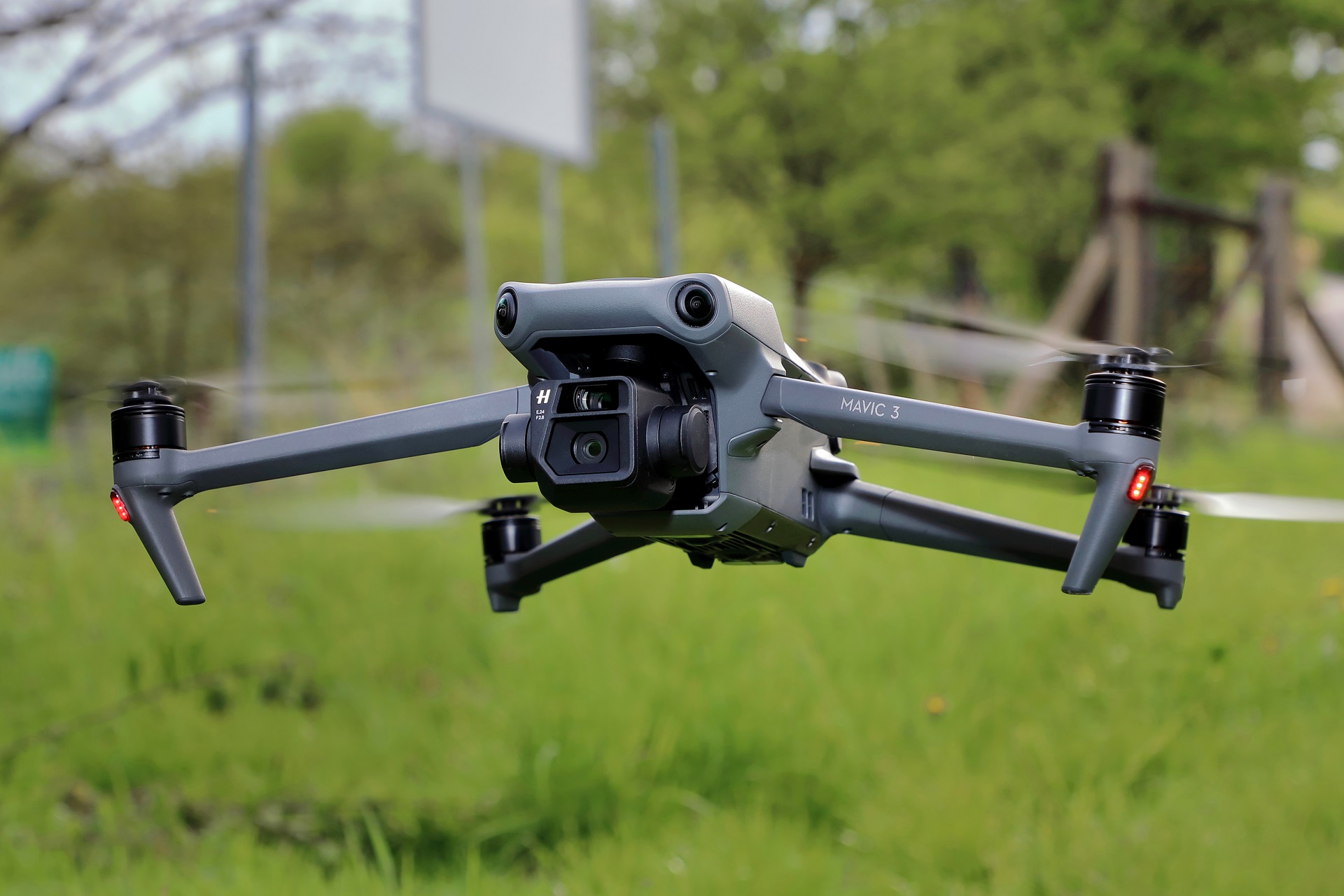1. Setting the Stage: The Importance of Preparation
Every unforgettable hike begins with meticulous planning and the right gear. Our aim is to ensure every hiker, whether a beginner or a seasoned pro, packs the essential equipment for a safe and rewarding journey. Getting lost in nature should be a spiritual experience, not a literal one. With this in mind, let’s explore the essential equipment every hiker should pack.
2. Navigational Necessities: Never Lose Your Way
A hiker’s primary concern? Staying on track. Maps, though seemingly old school, are lifesavers. When paired with a trusty compass, they’re indispensable. However, in this digital age, a GPS device can also be a game-changer. But, as technology can falter, always pack your traditional tools as a backup. In essence, while a GPS provides convenience, your map and compass offer unwavering reliability.
3. Dressing for Success: Combat the Elements
The mountains and trails are unpredictable. Swift weather changes demand versatile clothing. Layering is the secret here. Start with a moisture-wicking base layer to stay dry. Add an insulating layer for warmth. Top it off with a rainproof and wind-resistant outer layer. Furthermore, a versatile hat can shield you from sun, rain, or cold. Simply put, adaptable clothing ensures you’re ready for whatever nature throws your way.
4. Emergency Essentials: First-Aid and Lighting
No one plans for mishaps, but being prepared can make all the difference. A robust first-aid kit is non-negotiable. Ensure it’s stocked with bandages, antiseptic wipes, and blister treatments. Throw in painkillers and personal medications too. Safety first, always. And as night falls or tunnels loom, lighting becomes crucial. A headlamp is invaluable, offering hands-free lighting. Don’t forget extra batteries! Moreover, a backup flashlight can be a savior in unforeseen circumstances. In summary, the right tools can turn potential crises into minor setbacks.
5. Sustenance and Shelter: Fuel and Protection
Hydration and nutrition fuel your hike. Always pack more water than you think you’ll need. Likewise, energy-rich snacks are vital. Think nuts, energy bars, and dried fruits. If you’re on a longer trek, compact cooking equipment might be necessary. Lastly, a lightweight, durable tent or shelter is crucial for multi-day hikes. After all, nature’s unpredictability is both its charm and challenge.
6. Hydration Solutions: Quenching the Trail Thirst
Hydration is more than a necessity; it’s the lifeline of every hiker. Water reservoirs or hydration bladders are popular among hikers, providing easy access to water without stopping to unscrew a bottle. However, it’s wise to carry a durable water bottle as a backup. Beyond the basics, consider water purification methods, especially if you’re sourcing water from streams or lakes. Portable water filters and purification tablets ensure you’re consuming safe water. Remember, staying hydrated isn’t a luxury—it’s vital for peak performance and safety.
7. Footwear Fundamentals: Every Step Matters
Arguably, the most important equipment a hiker packs is on their feet. Footwear can either enhance or hinder your hiking experience. Ensure you choose boots or shoes suited to the terrain you’re tackling. Waterproof features are crucial for wet conditions, while breathability is essential in warmer climates. Your footwear should offer good ankle support and a sturdy grip. After all, the essential equipment every hiker should pack starts with a solid foundation: the shoes.
8. Multi-tools and Repair Kits: Be Ready for the Unexpected
On the trail, you’re the master of your fate, which means being prepared for minor repairs. A versatile multi-tool can assist in various tasks, from fixing a broken shoelace to preparing food. Don’t forget a small repair kit tailored to your gear. This should include items like duct tape, safety pins, needle and thread, and tent repair patches. These tools might seem insignificant, but they can be the difference between a short setback and a ruined trip.
9. Communication and Safety: Staying Connected
Even in the heart of nature, staying connected is vital, especially in emergencies. A fully charged mobile phone, stored in a waterproof bag, is a start. However, many trails might not have reliable cell service. In such cases, consider investing in a satellite phone or a personal locator beacon. Both can be lifesavers in critical situations. Besides, informing someone of your route and expected return is a non-negotiable safety measure. In essence, while we hike to disconnect, ensuring a way to connect in emergencies is essential equipment every hiker should pack.
10. Eco-friendly Practices: Leave No Trace
As lovers of the great outdoors, it’s our duty to preserve it. Packing eco-friendly gear, like biodegradable soaps and reusable cutlery, is a step in the right direction. Additionally, always carry trash bags to pack out what you pack in. Lightweight, collapsible containers can store waste until you can dispose of it properly. Treading lightly ensures future generations can also revel in nature’s beauty.
11. Advanced Gear Considerations: Enhancing the Experience
For those seeking to elevate their hiking game, delving into specialized gear can offer added comfort and efficiency. Ultralight backpacks, for instance, reduce strain without compromising on storage. Trekking poles, often overlooked, can greatly aid balance and reduce knee stress. Similarly, gaiters, which wrap around your boots and lower pants, can prevent debris and water from sneaking into your shoes. These additions might not be for everyone, but for those looking to optimize, they’re essential equipment every hiker should pack.
12. Powering Through: Energy Options on the Go
In our tech-driven age, even nature enthusiasts might need power solutions on the trail. Solar-powered chargers offer a sustainable method to juice up devices. Compact and lightweight, they easily attach to your backpack, charging as you move. Alternatively, power banks provide a quicker, though limited, energy source. Whatever your choice, ensuring you can power your essential devices is key.
13. Food and Nutrition: Energize Your Trek
While we touched upon snacks earlier, the food you bring deserves a deeper dive. Pre-packaged, freeze-dried meals have become more flavorful and diverse. They’re lightweight and only require hot water, which can be heated using portable stoves. Remember, the energy exerted during hiking means you’ll burn calories fast. Including proteins, fats, and carbs in your meals keeps stamina up. In short, the food isn’t just sustenance—it’s an essential equipment every hiker should pack.
14. Knowledge is Power: Trail Literature and Apps
Equip yourself with more than tangible items—knowledge can be your most valuable tool. Trail guidebooks offer insights on local flora, fauna, and terrain. Familiarize yourself with potential hazards, from wildlife to weather patterns. Additionally, numerous hiking apps can predict weather, map routes, or even identify stars in the night sky. Both physical books and digital resources can enrich your hiking experience in unexpected ways.
15. Gear Maintenance: Longevity and Reliability
Packing the right equipment is only part of the equation. Maintaining your gear ensures it lasts and performs reliably. Regularly inspect your equipment for wear and tear. Clean and treat waterproof clothing to maintain its protective properties. Keep metal tools rust-free. And remember, boots last longer with periodic cleaning and conditioning. When you view gear as an investment, maintenance becomes a non-negotiable.
Conclusion: Embarking on a hiking journey, whether a short trail or an extended expedition, demands preparation and the right tools. This comprehensive guide, highlighting the essential equipment every hiker should pack, serves as your roadmap to ensure safety, comfort, and sheer enjoyment of nature’s splendor. By arming yourself with knowledge and dependable gear, every hike becomes not just a journey through the wilderness but a lasting memory. Happy trails!



